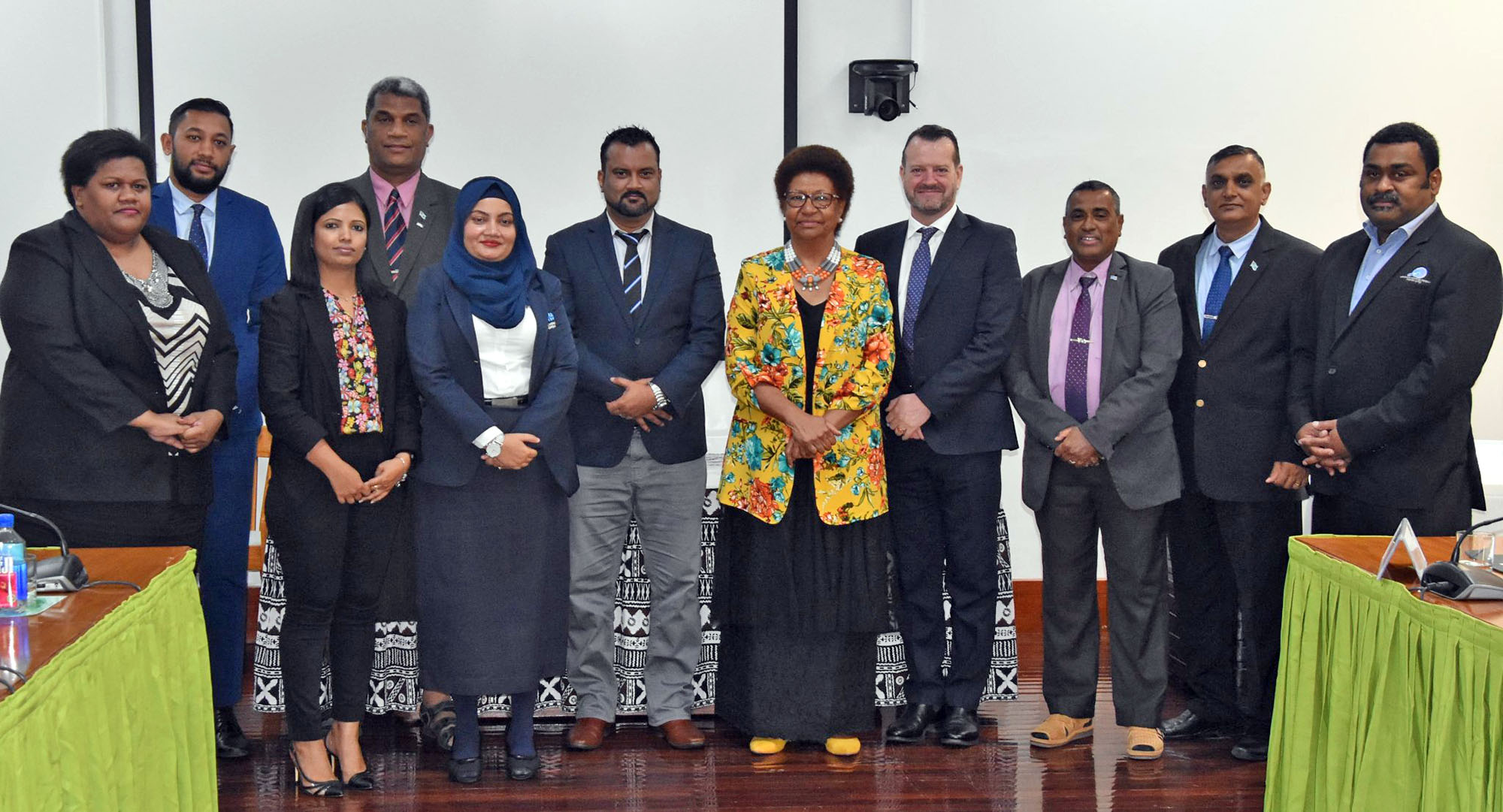Social Democratic Liberal Party (SODELPA) member of Parliament Ro Teimumu Kepa this week queried how the Fiji Revenue and Customs Service (FRCS) expected unemployed Tertiary Education Loam Scheme (TELS) students to pay their debts.
The subject arose after FRCS director of taxation Momina Beg announced to the Public Accounts Committee in Parliament that the TELS debt stood at $259 million.
Noting that the TELS debt stood at $93.5m in 2018, Ro Teimumu asked for an update on the debt when the committee met to receive public submissions on FRCS’s 2018 audited accounts report on Monday.
“How do you expect those that are still unemployed to pay off these debts,” she queried.
She asked them how students owing up to $20,000 were expected to pay the debt when they had other obligations like family commitments.
She said the reality was that some of those students had opted to travel to Australia to work because they could not find work in Fiji which they were qualified for.
“They will go for anything that has been offered, this is the reality on the ground because they are unable to be employed in their field here.”
In response, Ms Beg said they couldn’t enforce debt payments until students started working and they worked closely with employers and the Fiji National Provident Fund in this area.
She said student owing less than $20,000 had two years to pay the debt off and 50 per cent was waived if they paid the amount within that time frame.
She said as of the last financial year, the TELS debt stood at $535m and out of this, $259m were collectable debts to be paid by students who had graduated and started working.
“So when a student starts work there are means of payment, they either approach FRCS or Tertiary Scholarship & Loans Board directly that they need to make payments.
“But most students prefer to have direct payments from their employers. FRCS will get information from employer records, we have a system if a student is in the list of TELS and the employer details coming that they are giving salaries to them, we will pick it up from them.”
Assistant Minister for Employment Alvick Maharaj said the work scheme in Australia and New Zealand was aimed at those from informal and semi-formal sector who had undergone vocational training.
He said degree holders were not prioritised unless they attained some form of vocational training.
According to the 2018 report, government debtors increased by $133.4m or 41 per cent in 2018, an increase from $329.1m in 2017 to $462.6m.
The major increase was in TELS debtors at $93.5m.


